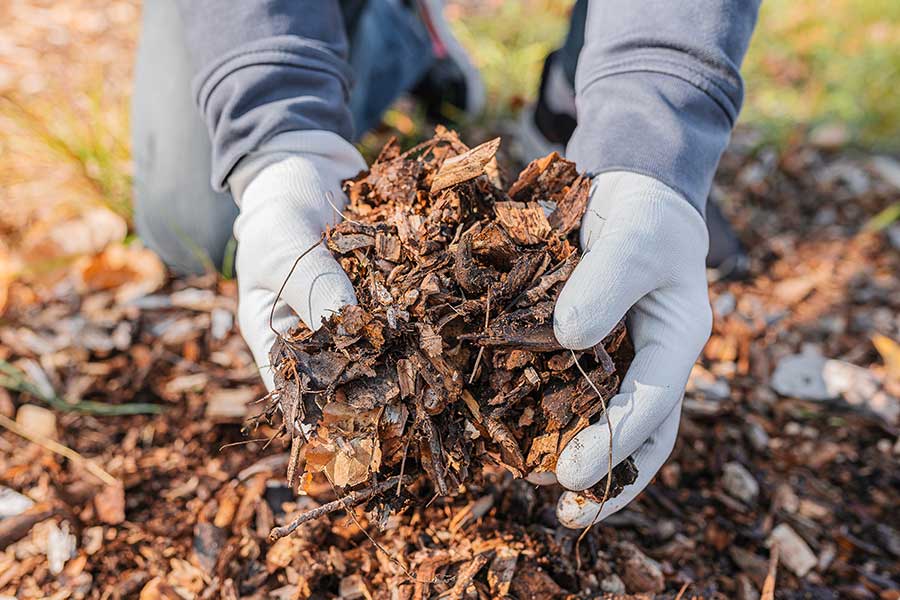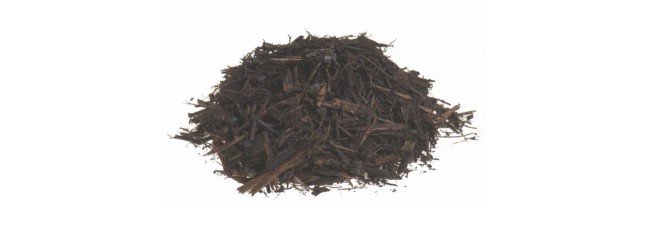What is Garden Mulch & Why Should You Use It?
Garden mulch is an extremely useful landscaping component, yet many people are unaware of its purpose and benefits. In this article, we’ll explore what garden mulch is and the different types available to you. We’ll also touch on the many reasons why you should incorporate it into your gardening routine. And how to go about applying it for best results. Let’s get started!
What is mulch?
First things first, what exactly is mulch? Well, mulch is an umbrella term that describes a layer of material spread over soil for protective and/ or aesthetic purposes. It can be made from a variety of materials including wood chips, bark, manure, compost, leaves or gravel. Each type has its own advantages, but all can significantly improve soil condition and aid plant growth.
Biodegradable mulch
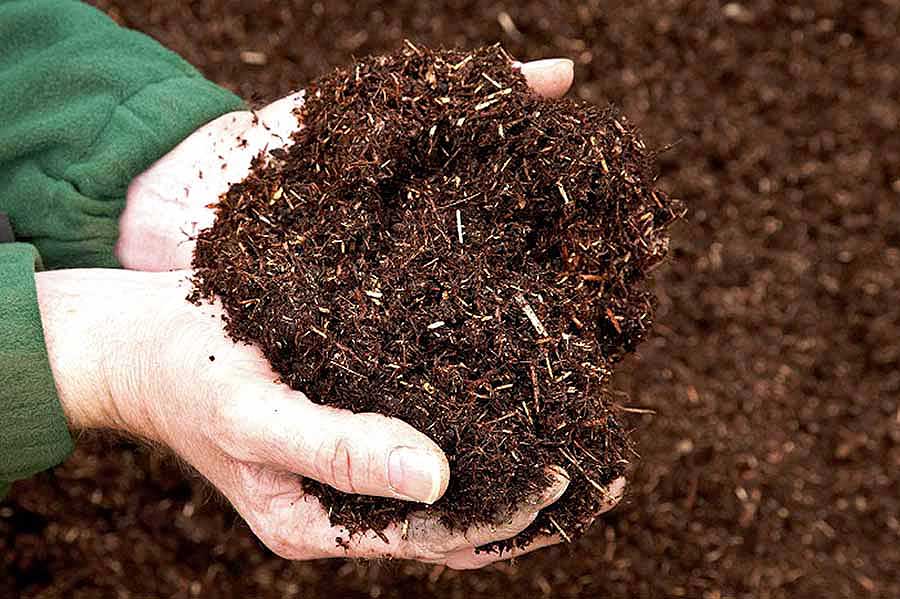
The first type of garden mulch is the biodegradable kind which decomposes over time. Materials like bark, grass clippings, leaves and coarse compost eventually break down and release nutrients into the soil. This helps to improve aeration, moisture-retention and fertility. Up until that point, the mulch acts as a natural, protective top layer against the elements.
Non-biodegradable mulch
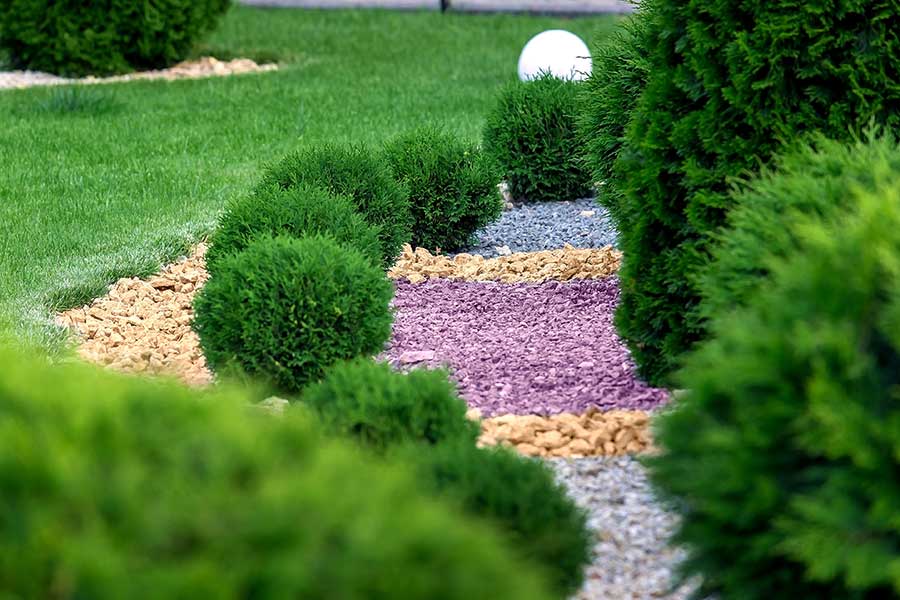
Non-biodegradable mulch consists of pebbles and gravel, plus landscaping fabric and even rubber fragments. Although the latter two aren’t used as frequently as they’re not as practical or as visually appealing. Meanwhile, rock gardens dotted with plants have long been popular. And while gravel won’t add anything to soil, it is low-maintenance, helps to retain moisture and is aesthetically pleasing.
The benefits of mulching your garden
Reduce weeds
If you’re tired of digging up weeds in your flower beds and borders, applying a garden mulch could help a lot. The thick top layer blocks sunlight hitting the bare soil between your plants that weeds need to germinate. Additionally, some mulches can discourage pests. Gravel, for instance, will stop slugs in their tracks, while bark mulches attract beetles that deter insects.
Lock in moisture
As well as decreasing weeds, adding a barrier between the soil and direct sunlight will stop much-needed moisture from evaporating. This is a great way to conserve water during periods of drought or when there are summer hosepipe bans. And by making moisture go further, mulch will reduce how often your plants need watering, saving both time and money.
Protect against the elements
At the other end of the spectrum, garden mulch can protect your soil and plants against wintry conditions. For example, gravel and chunky bark chips can significantly reduce the chance of erosion and waterlogging during heavy rainfall. Similarly, a thick layer of mulch will help regulate the soil’s temperature and keep plant roots safer in freezing conditions.
Condition the soil
If your soil is very dry or has been used for planting several years running, it may appear pale. This is a good indicator that it is lacking the nutrients needed to retain moisture and be fertile. Manure, leaf mould or compost mulches add organic matter back into the soil as they break down. Over time, this will nourish the soil, improve drainage and lower the risk of compaction.
The different types of garden mulch
But which is the best mulch for your garden? The most popular types and their uses include:
Composted bark mulch
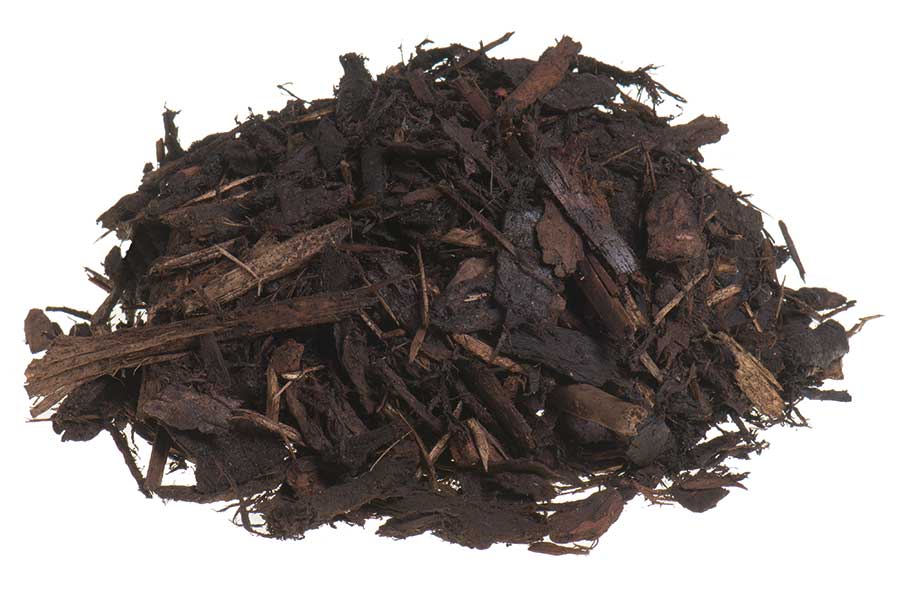
More textured than compost, wood-based mulches are useful in areas that don’t require lots of digging. For example, around trees, beneath hedges and in flower beds. Over time, the bark rots down into the soil and helps to improve its structure and drainage. Value Mulch Bulk Bags are a great example of this, containing affordable, recycled bark mulch to cover a large area.
Landscape bark
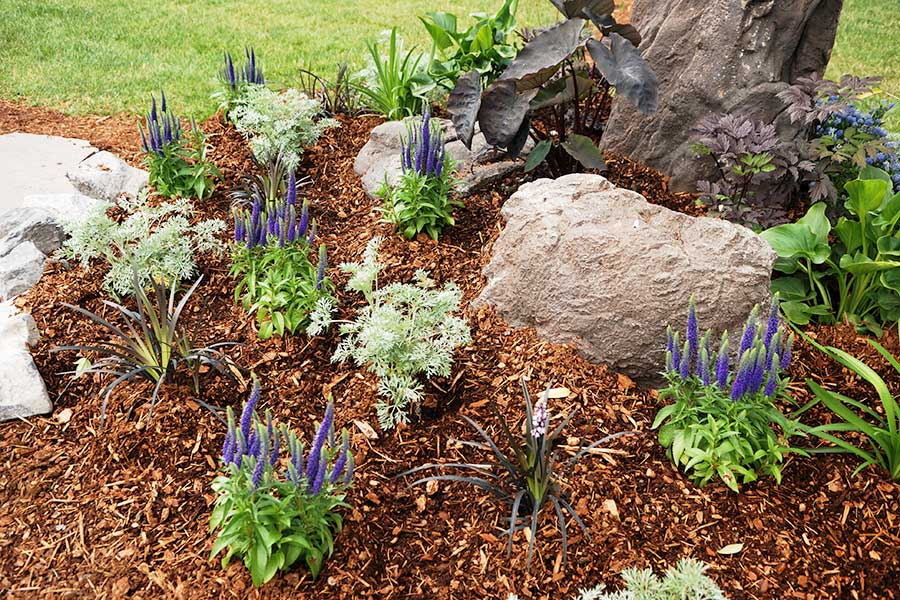
You can also get landscape bark in a range of shapes and sizes. This water-retaining and naturally conditioning alternative to gravel is typically used to create stylish, low maintenance borders. Large chips Westland Landscaping Bark are also good for preventing soil erosion on pathways and take much longer to biodegrade. Meanwhile, if you’re mulching potted plants or more tightly packed flower beds, Melcourt Pine Mini Chips are ideal for conserving moisture.
Mushroom compost
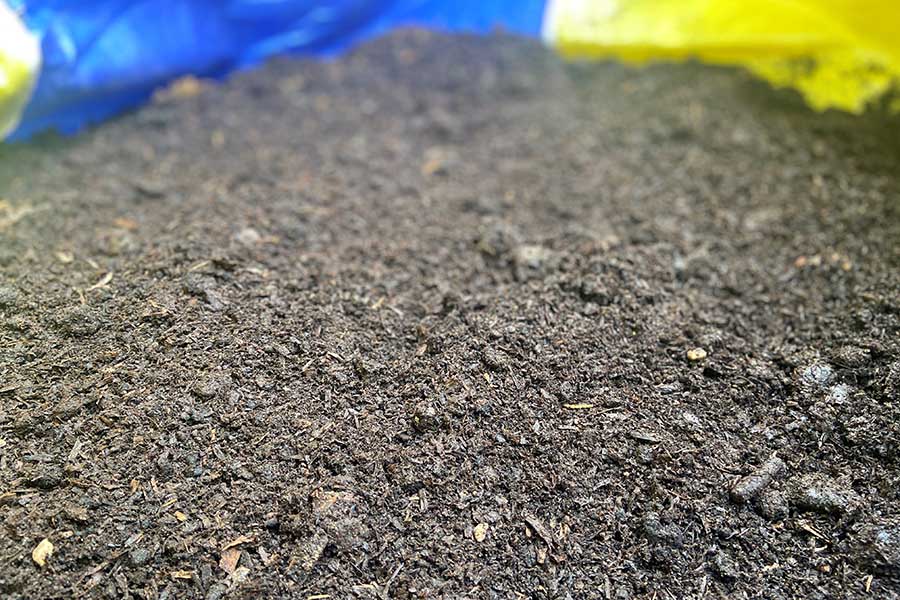
Mushroom compost is a byproduct of the mushroom-growing process. Great for conditioning the soil, it usually contains manure and straw which slows decomposition and is easy to move around. As such, this compost is ideal for vegetable patches where you replant often. Many mushroom composts also contain lime which aids veg growth, but isn’t suitable for ornamental plants. With that said, our own-brand formula has a neutral pH and is suitable for all soil types.
Aged horse manure
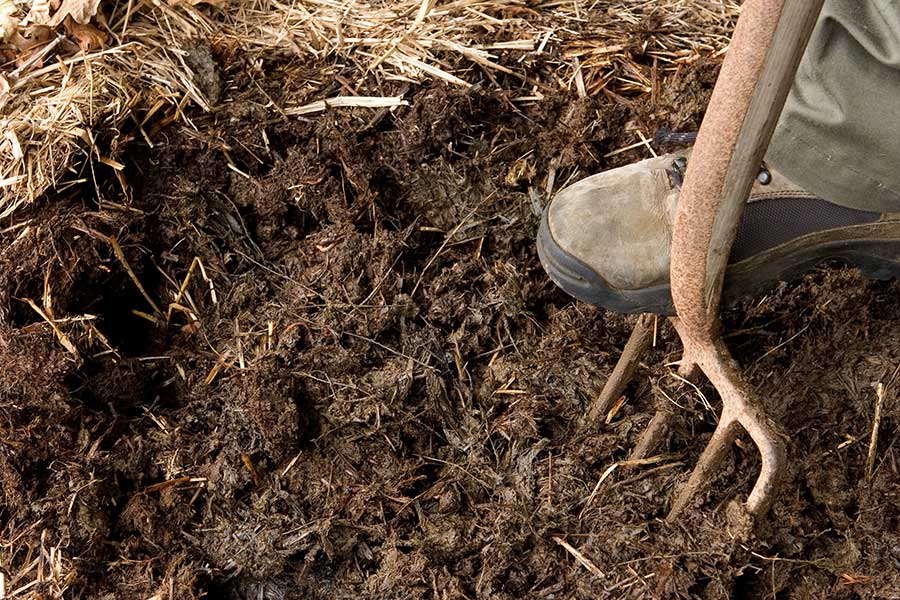
Rotted horse manure is another nutrient-dense mulch option and it is often more affordable than bagged compost. But it must be aged for two years before being applied as a top layer or rotavated into the soil. Otherwise, it may scorch plant leaves and do more harm than good. When used correctly, horse manure can help to limit weed growth, conserve soil moisture and enrich it with organic matter. It is especially well suited to vegetable patches and rose gardens.
Decorative gravel
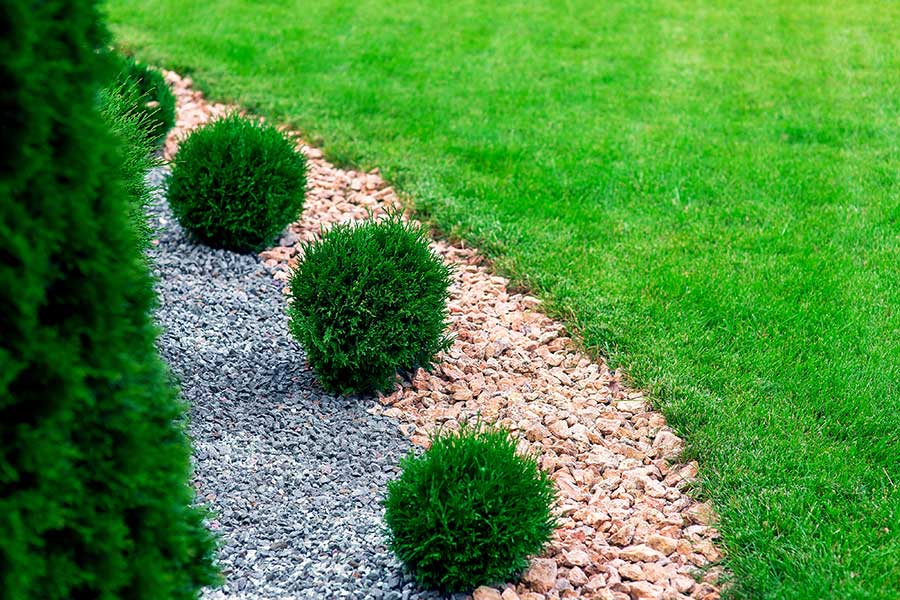
Alternatively, you could mulch your garden with rocks or gravel. This will suppress weeds and seal moisture into the soil beneath, while providing an attractive finish. It may also be cheaper in the long run, as you won’t need to replace the mulch annually.
If that sounds good, you can find a host of decorative gravel options at our sister company AWBS. They have an array of colours and styles to explore both online and in branch. From polished pebbles to chic slate chippings and rustic shingle, there’s something for every taste.
How to mulch: handy application tips
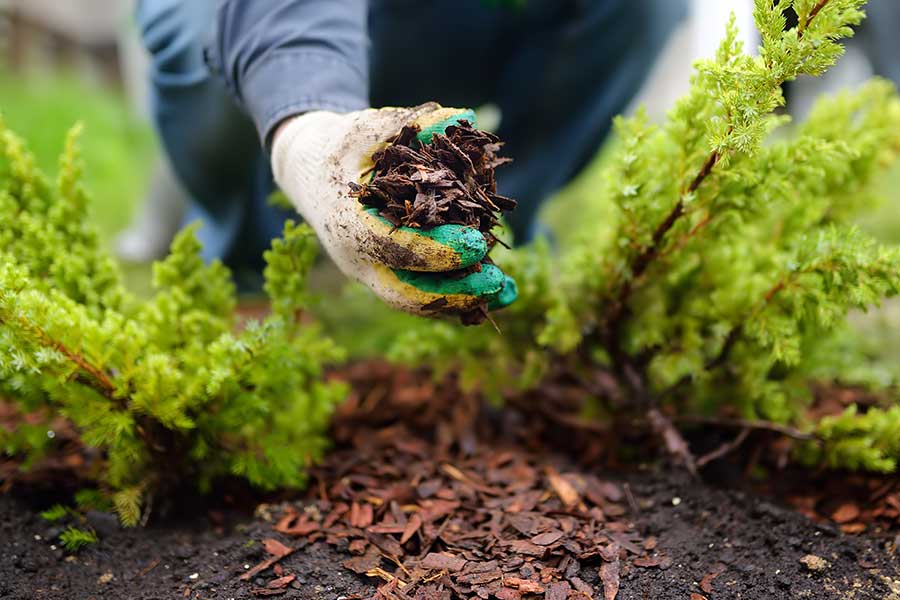
- The best time of year to apply mulch is spring and autumn. The first application will help to replace nutrients and the second will insulate the soil ahead of the colder season. If you’ve planted seeds in spring, wait for them to sprout a couple of inches before mulching, then work around them.
- Start by removing weeds from the roots, then rake the soil and water. You want it to be damp before applying the mulch, but not overly wet. And don’t mulch on frozen ground.
- Apply a 2 inch (5 cm) layer of mulch over the soil in your beds and planters, and under hedges. Don’t make it any thicker, otherwise your plants may struggle to grow through it and moisture may not reach the roots. Also, be careful not to mound it around tree trunks and plant stems, as this can lead to rot. Instead, leave a small gap.
- If using organic mulch on your garden borders, consider adding a small fence or stone perimeter. This will help to keep them neat and tidy if birds or pests poke around in it.
- Once you’ve begun mulching, stick with it. Removing a layer of mulch could dry out the soil and even damage the roots below. When the mulch has noticeably degraded, you can top it up with another layer. Or replace it with a different type the following year.
Order high quality bagged mulch from us now
Whatever type of garden mulch you’re looking for, from compost to landscape bark, Oxford Garden Centre has it covered. Our sister brand AWBS also stocks a variety of gravel if you’re seeking a low upkeep alternative to degradable mulch. Either way, our teams can arrange free local delivery to anyone with an OX postcode, with no minimum order value required. Learn more here.

